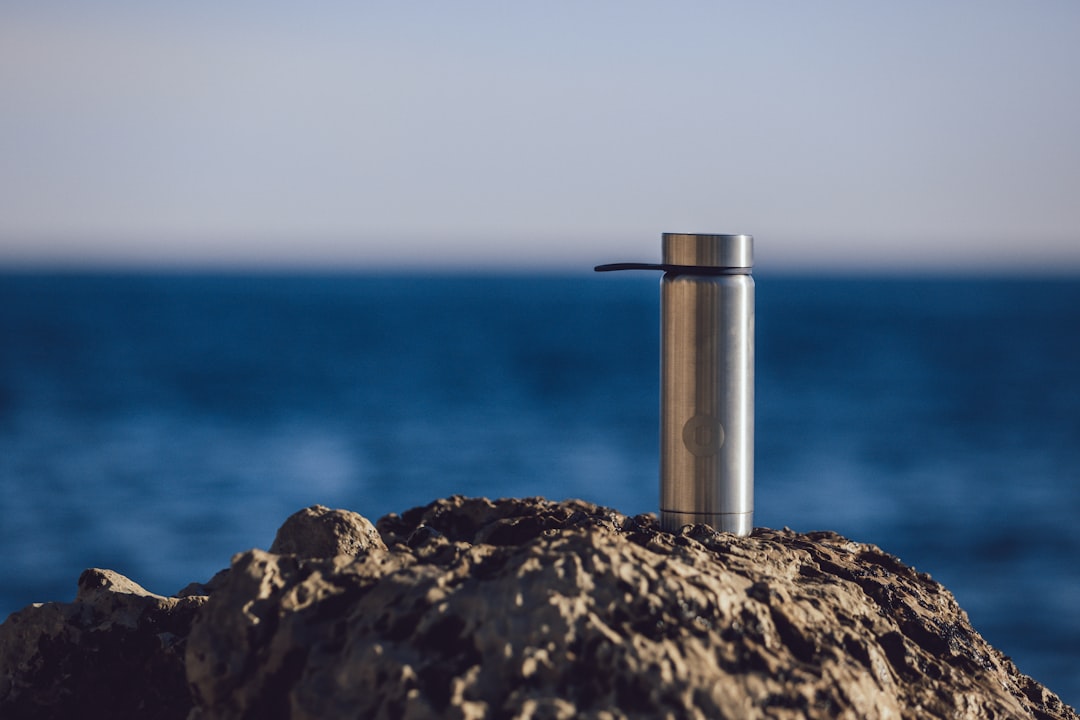In today’s fast-paced world, hydration often gets overlooked. The significance of adequate water intake isn’t just another health trend—it’s a fundamental component of overall wellness. Recent research emphasizes that maintaining proper hydration can elevate your health, support bodily functions, and improve your performance, both mentally and physically.
Understanding Hydration
Your body is composed of about 60% water. Every system relies on it. Adequate hydration supports digestion, nutrient absorption, circulation, temperature regulation, and waste elimination. Insufficient water intake can lead to dehydration, which manifests in mild symptoms like fatigue and confusion but can escalate into more severe conditions such as kidney stones, urinary tract infections, and heat-related illnesses.
A common myth around hydration is the “8 glasses a day” rule. This guideline, while useful as a general reference, doesn’t fit everyone. Factors such as age, sex, activity level, and climate influence unique hydration needs.
Individual Hydration Needs
Hydration is not a one-size-fits-all approach. The National Academies of Sciences, Engineering, and Medicine recommend approximately 3.7 liters (or around 13 cups) per day for men and about 2.7 liters (approximately 9 cups) for women. This total encompasses all fluids, not only plain water, indicating how diverse your hydration sources can be.
If you engage in vigorous physical activities or live in a hot climate, your body demands more water to replace lost fluids through sweat. Conversely, if you’re mostly sedentary, your needs will be lower. Paying attention to your body signals, such as thirst, and adjusting your intake based on these factors is key.
The Importance of Electrolytes
Electrolytes—essential minerals such as sodium, potassium, and magnesium—are another critical aspect of hydration. They help regulate fluid balance, support muscle function, and ensure proper nerve signaling. If there’s an electrolyte imbalance, you might experience dehydration despite consuming enough water.
You don’t always need to rely solely on water to achieve the right balance. Sports drinks, coconut water, and herbal teas can help replenish electrolytes after intense exercise or exposure to heat. Many fruits and vegetables also have high water content and can be a delicious and nutritious way to gain fluids.
Hydration-Rich Foods
Consider incorporating hydrating foods into your diet. Foods with high water content can significantly contribute to your overall hydration. Options like watermelon, cucumbers, oranges, and spinach are packed with water and nutrients.
During hot weather or after workouts, these foods serve a dual purpose: they not only satisfy hunger but also boost your fluid intake without the need for additional beverages. A creative approach to meal planning could involve prepping salads with these hydrating ingredients or blending refreshing smoothies.
Myths About Hydration
Many myths surrounding hydration might lead you astray. Here are a few to know:
- Caffeine and Dehydration: Many believe caffeine should be avoided to prevent dehydration. While caffeine can have a mild diuretic effect, in moderate amounts, it doesn’t significantly contribute to dehydration for regular consumers.
- Alcohol and Hydration: Alcohol can lead to fluid loss, making it particularly important to balance any alcohol intake with water consumption.
- Thirst as a Hydration Indicator: Relying exclusively on thirst to dictate when you drink isn’t always sufficient, especially for those leading active lifestyles. It’s essential to make a habit of drinking fluids regularly throughout the day.
Practical Hydration Tips
To ensure you’re meeting your hydration needs, consider these straightforward strategies:
- Create a Hydration Schedule: Set specific times to drink water or consume hydrating foods. This helps build a consistent routine.
- Enhance Water Flavor: If you find plain water unappealing, easy solutions include adding fruits, herbs, or vegetables to elevate the taste. Infusing your water with lemon, cucumber, or mint can make hydration enjoyable.
- Carry Water With You: Always have a refillable water bottle on hand, making it easier to drink water throughout the day. Having it within reach encourages you to sip more frequently.
- Check Urine Color: Pay attention to the color of your urine. A light yellow color typically indicates good hydration, while dark yellow may signify you need to increase your fluid intake.
Staying Hydrated During Exercise
If you’re physically active, hydration becomes even more critical. Here’s how to maintain hydration during workouts:
- Pre-Workout Hydration: Aim to drink water before you start exercising. Depending on the intensity and duration of your workout, consider hydrating throughout the session.
- Post-Workout Recovery: Replenishing fluids lost during exercise is crucial. Water can suffice for moderate activity, but for longer or more intense workouts, consider electrolyte-rich beverages.
- Listen to Your Body: Pay attention to how you feel. If you’re experiencing fatigue, dizziness, or dry mouth, it might indicate you need more fluids.
The Relationship Between Hydration and Metabolism
Staying hydrated can also support your metabolism. Studies suggest that drinking water can lead to a temporary increase in energy expenditure. This effect is particularly noticeable when water is consumed cold, as your body expends energy to heat it to body temperature. Therefore, staying well-hydrated could support weight management efforts.
Tailoring Hydration Strategies to Your Lifestyle
Consider how various aspects of your lifestyle, such as your daily routine, work environment, and climate, influence your hydration needs. For example, if you work in an office setting, the air conditioning can lead to dry air, increasing your body’s fluid requirements. Setting a daily reminder to drink water can counteract this.
If you travel frequently, it’s essential to maintain your hydration routine. Air travel can lead to dehydration, so prioritize drinking water before, during, and after flights.
Understanding Hydration Needs by Age
Your hydration requirements can change across different life stages. Babies and children need adequate fluids to support growth and development. Older adults may experience a decreased sense of thirst, making it vital to encourage regular fluid intake, especially if they are on medications that might increase dehydration risk.
Special Considerations for Health Conditions
Some medical conditions may increase your risk of dehydration. If you have diabetes, for instance, high blood sugar can lead to increased urination, requiring you to drink more water. Those with kidney issues may have specific fluid restrictions and should consult healthcare professionals for tailored advice.
Conclusion
Unlocking the secrets of hydration transcends just drinking water. Understanding your individual needs—considering activity level, climate, diet, and overall health—can significantly enhance your wellness journey. With the right knowledge, you can make informed decisions that not only keep you hydrated but also improve your overall health.
By embracing strategies that fit your lifestyle, you can foster good hydration habits that truly support your body’s needs. Being proactive about hydration can result in better energy, improved cognitive function, and enhanced quality of life. Keep learning, stay curious, and continue to refine your hydration habits for a healthier future.
For more insights into developing personalized hydration strategies and tips, numerous resources—including articles, apps, and workshops—are available to help you on this journey. For additional information, visit this source.




